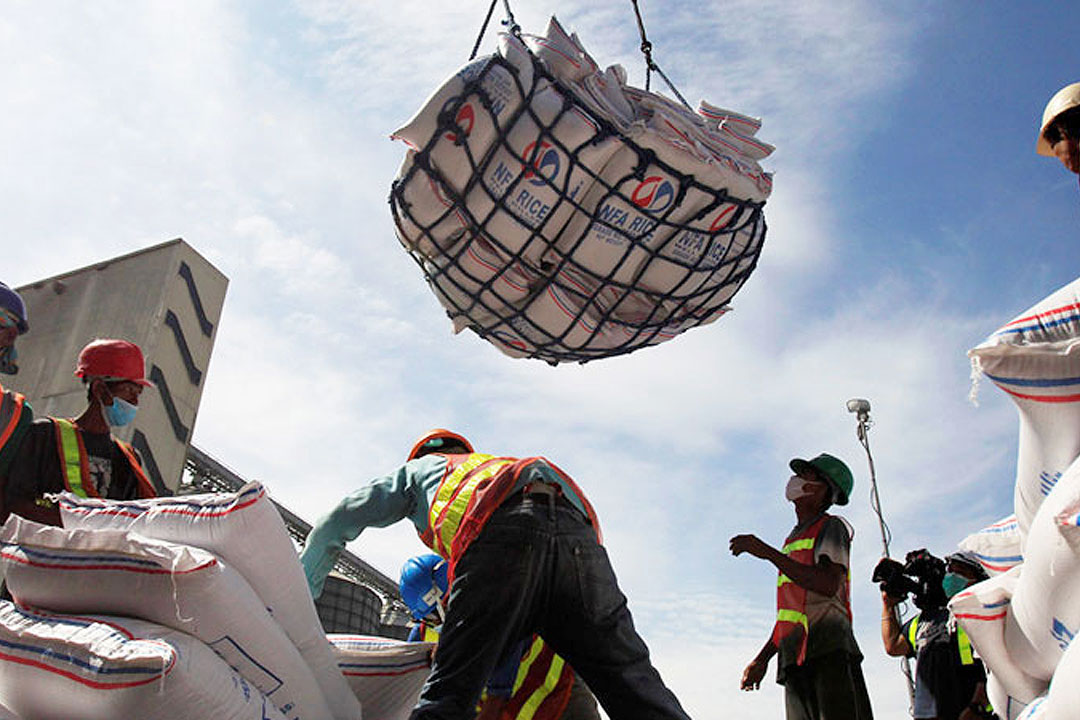THE Samahang Industriya ng Agrikultura (SINAG) estimated the volume of smuggled rice in 2020 at 300 million kilograms (kg), making it by far the most smuggled food commodity.
SINAG’s estimate for smuggled chicken is 76 million kg, pork 45.5 million kg, onion 23.04 million kg, and assorted vegetables 12 million kg.
The estimates were arrived at using international trade estimates from the United Nations Comtrade database, which contains official totals from exporting countries. These export volumes may then be compared with official Philippine imports data, with any resulting variance assumed to represent smuggling.
“These figures are just mind boggling, eclipsing all previous smuggling numbers. May kumita at patuloy na kumikita talaga sa gitna ng pandemya (Some people continue to make money during the pandemic), to the detriment of the local producers, food safety and public health concerns and foregone revenue for the government,” SINAG Chairman Rosendo O. So said in a statement.
“We remain the only country that is not applying the global standard of quarantine inspection at the port of first entry of imported food, food products and agricultural commodities that would ensure food safety and public health during the COVID-19 pandemic (to deter) the unrestrained smuggling of agri-food products,” Mr. So added.
SINAG also reported that “not a single smuggler has been put to jail despite all the highly publicized anti-smuggling operations.”
SINAG said its proposals to curb smuggling include making public the list of all accredited importers, the weekly publication of prices, and a more rigorous acceptance process for importers.
In the third quarter of 2021, agricultural trade was in deficit by $2.4 billion, with the growth of imports at 15.8% to $4.16 billion.
Agricultural imports accounted for 13.5% of overall imports.
SINAG said it opposed the government’s recent policy of allowing more imports of food in recent years.
“This government is brutally unique for having an Agriculture department that architected the wanton increase of imports across all agricultural commodities and arbitrarily reduced the tariff of staples,” it said in a statement.
“There is nothing more tragic for the agriculture sector than to have a government agency mandated to protect local producers doing the exact opposite. Nothing is left for local producers, backyard raisers and small agri-entrepreneurs,” SINAG added. “Future generations will only thrive if protection and support are given to the producers of our agriculture and food systems; there is no other way around it.” — Luisa Maria Jacinta C. Jocson
